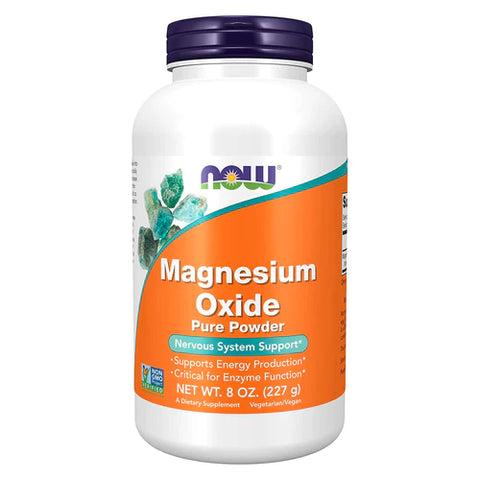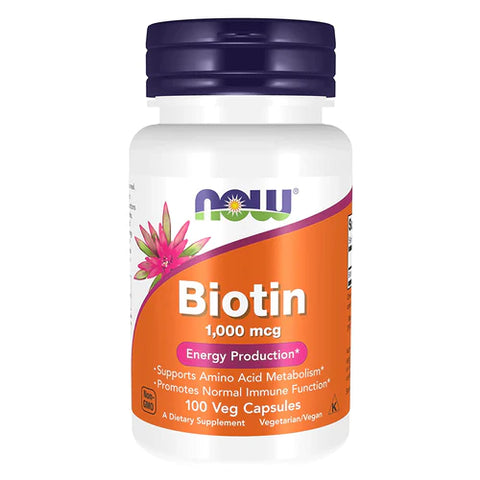Teens have unique nutritional needs, and like adults, they can benefit from a balanced diet that includes a variety of nutrient-dense foods. While a balanced diet should provide all the essential vitamins and minerals that a teenager needs, there may be certain situations where a supplement might be beneficial.
For example, some teens may have dietary restrictions that make it difficult for them to consume enough of certain vitamins and minerals, and in those cases, a supplement can help fill in any gaps. Additionally, during periods of growth and development, such as during puberty, teens may need slightly more of certain nutrients than they did when they were younger.
That being said, it's always best to consult with a healthcare professional before starting any supplement, including vitamin and mineral supplements. Some supplements can interact with medications or have other unintended side effects. Also, it's important to remember that vitamins and minerals are only one part of a healthy diet and lifestyle. Adequate exercise, adequate sleep, healthy stress management, and a balanced diet are all important components of maintaining overall health and well-being.
Immune system vitamins for Teens
There are a variety of vitamins and minerals that can help support the immune system in teens. Some of the most important include:
- Vitamin C: This vitamin is a powerful antioxidant that helps to protect cells from damage. It's also necessary for the production of collagen, which is important for the integrity of the skin, blood vessels, and other tissues. Good food sources of vitamin C include oranges, strawberries, kiwi, bell peppers, spinach, and Brussels sprouts.
- Vitamin D: Vitamin D plays a critical role in the immune system by helping the body produce antimicrobial peptides, which are important for fighting off infections. Good sources of vitamin D include fatty fish, eggs, and mushrooms.
- Vitamin E: This vitamin is also an antioxidant, and helps to protect cells from damage. Good food sources of vitamin E include nuts and seeds, avocados, and olive oil.
- Zinc: This mineral is important for the functioning of the immune system and is involved in the production of white blood cells. Good food sources of zinc include oysters, beef, chicken, beans, and nuts.
- Magnesium: is an essential mineral for the body, specially for the muscle and immune system. This mineral is also involved in the production of white blood cells, Magnesium can be found on green leafy vegetables, nuts and seeds, fish and dairy.
Recommended Product:
Hair skin and nails vitamins for teens
There are certain vitamins and minerals that can help support healthy hair, skin, and nails for teens. Here are some key nutrients to consider:
- Biotin: This B-vitamin, also known as Vitamin H, is important for the growth of hair, skin, and nails. Biotin can be found in foods such as eggs, almonds, sweet potatoes, and avocado.
Recommended Product:
- Vitamin A: This vitamin is important for the maintenance of healthy skin and helps to prevent acne. Good sources of vitamin A include carrots, sweet potatoes, and spinach.
- Vitamin C: This vitamin is necessary for the production of collagen, which helps to keep skin firm and elastic, and is also a powerful antioxidant that helps protect skin from damage caused by free radicals. Vitamin C can be found in fruits such as oranges, strawberries, and kiwi, as well as in vegetables like bell peppers and spinach.
- Vitamin E: This vitamin is an antioxidant that helps to protect the skin from damage caused by UV rays and pollutants, and also helps to moisturize the skin. Vitamin E can be found in foods such as nuts and seeds, leafy greens, and avocado.
- Iron: This mineral is important for the production of hemoglobin, which carries oxygen to the cells, and also contributes to healthy hair and nails. Foods high in iron include red meat, seafood, and leafy greens.
- Zinc: This mineral is important for healthy skin and it also plays a role in wound healing. Good sources of zinc include oysters, beef, pork, and chickpeas.
It's important to note that while taking supplements of these vitamins and minerals can be beneficial, it's always best to get nutrients from whole foods if possible. Also, teens should consult with a doctor or dietitian before taking any supplements, as certain nutrient levels can be harmful in large doses.


